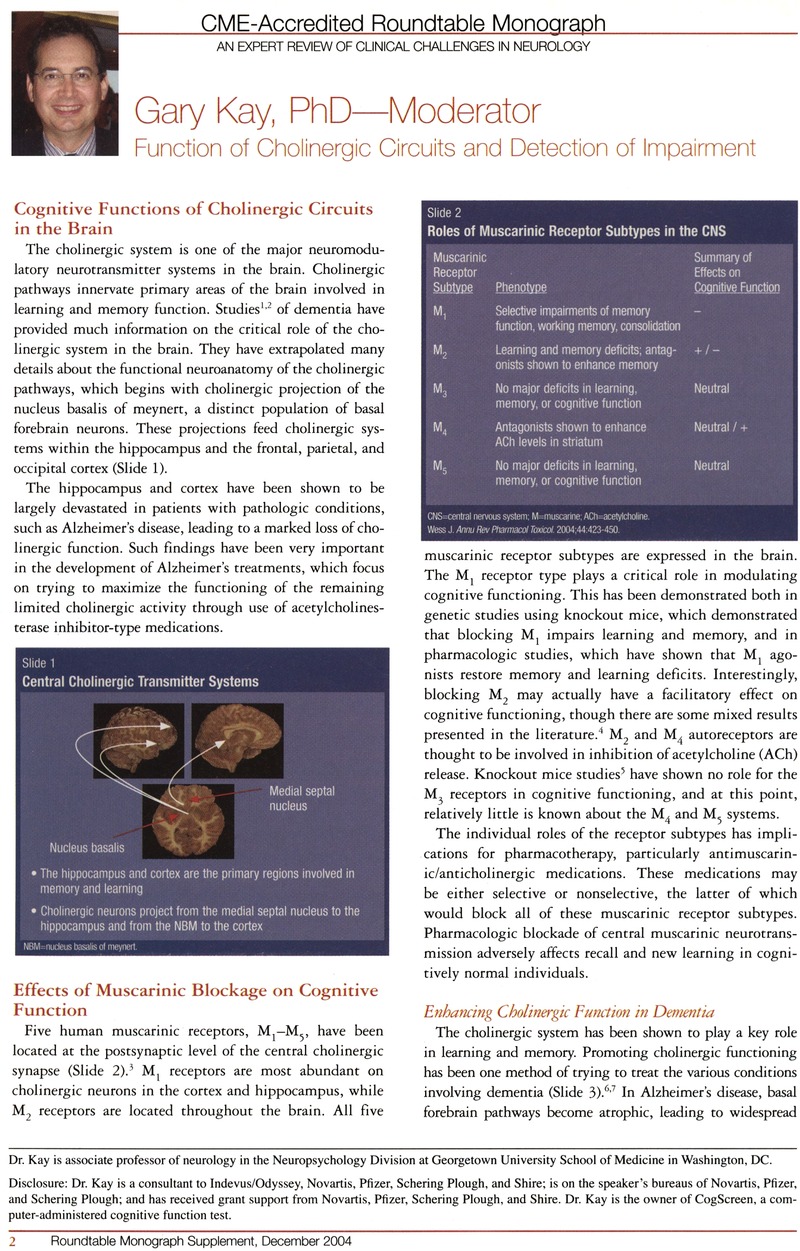Crossref Citations
This article has been cited by the following publications. This list is generated based on data provided by Crossref.
Mengistu, Gezahegn
Aleme, Melkam
Bogale, Ararsa
Tulu, Dereje
Faji, Mulisa
Terefe, Geberemariyam
and
Mohammed, Kedir
2022.
Dry matter yield and nutritive quality of alfalfa (Medicago sativaL.) cultivars grown in sub-humid areas in Ethiopia.
Cogent Food & Agriculture,
Vol. 8,
Issue. 1,


